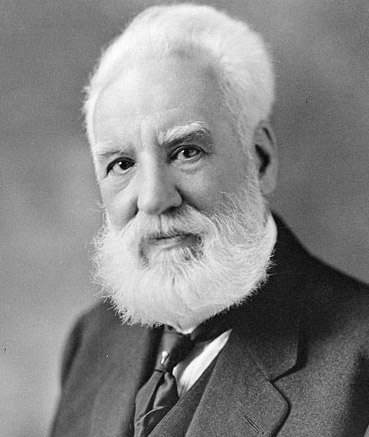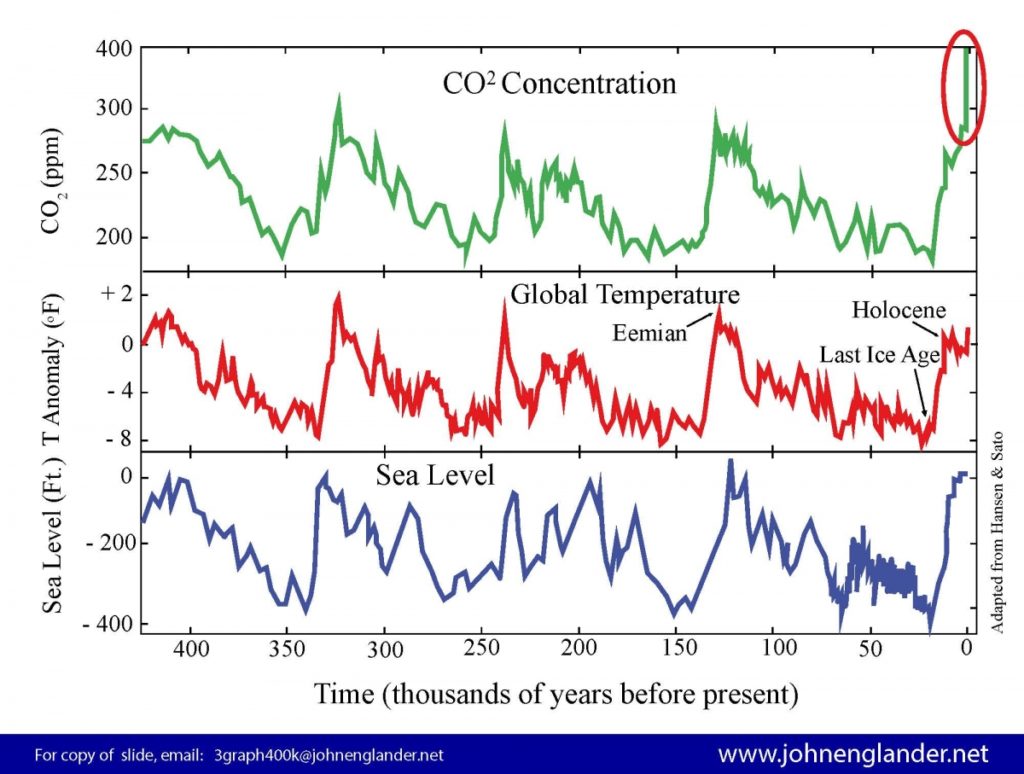100th Anniversary of “Greenhouse Effect”

Alexander Graham Bell first used the phrase “greenhouse effect” in 1917 to describe that burning fossil fuel would warm the planet.
In 1917– exactly 100 years ago — the man best remembered for inventing the telephone used the term “greenhouse effect” to describe the phenomenon that burning fossil fuels would warm Earth’s atmosphere. Alexander Graham Bell stands as one of the greatest scientists and inventors of all time, with discoveries ranging from aviation to marine hydrofoils, to renewable energy…a veritable genius. (“Alexander Graham Bell”, a biography by Edwin S. Grosvenor and Morgan Wesson.)
His prolific writing shows that in 1914 he began to look at changes to atmosphere and temperature, initially looking at the effect of volcanoes and first used the phrase “greenhouse effect.” Then In a paper in 1917, about the depletion of natural resources, he stated that the unchecked burning of fossil fuels would lead to a “sort of greenhouse effect” and global warming. (Quoted from the Dictionary of Canadian Biography. It should be noted that there were other references to the phenomenon in other languages and some in English perhaps even a few years earlier. For a more detailed review of the etymology click here.)
The effect of trapping heat and warming the atmosphere, combined with the finite aspect of fossil fuel, is why Bell came to clearly advocate for renewable energy. What is remarkable is that one hundred years later, some 31% of the American public still disputes that burning fossil fuels is substantially warming the planet. (Gallup Poll 2016)
Although Bell was one of the first to use the concept of glass in a greenhouse creating warmer temperature as a way to describe the effect of increased carbon dioxide, he was not the first to identify the physics of that gas in terms of warming. That credit goes to John Tyndall in 1859, and then Svante Arrhenius in 1896, who actually calculated the amount of warming that would occur as we raised the level of CO2 in the atmosphere.
As shown in the graphic below (from my book “High Tide On Main Street“) the correlation of carbon dioxide, global average temperature, and sea level should be a sobering, screaming, urgent warning to heed Bell’s concern – brilliantly articulated a full century ago. (For a description of this chart and a link to download it in US and Metric click HERE.)
Today we have such a fantastic array of communication, likely far beyond what Bell could have envisioned. We can share knowledge and concerns instantly. Yet, one question hangs in the air: How long will it take us to grasp his wisdom and heed his advice about the greenhouse effect?

